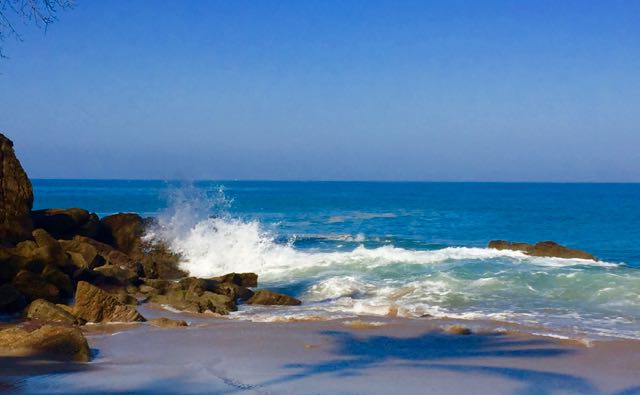
A Chapter of a Rule of Life on Stillness Practice
”Words stand between silence and silence: between the silence of things and the silence of our own being, between the silence of the world and the silence of God. When we have really met and known the world in silence, words do not separate us from the world nor from other men, nor from God, nor from ourselves because we no longer trust entirely in language to contain reality.” Thomas Merton
Let this chapter remind me of my intention to maintain deepening attention and awareness in my life through stillness. Remember your season in Volokolamsk Monastery in Russia. Remember the old monk, who has survived 70 years of communism, watching his brothers die or leave until only three of the 1,000 remained. Remember, sweet Charles, his kind words in the katholikon, his black and yellow vestments and his fragile old hands on my face “In the church as in communism, there is evil everywhere and good everywhere -both. You must be like a deer in the forest. Be gentle. Be fast. Live, until you hear the snap of a twig or the wrestle of leaves and then freeze until you know what approaches you, and do not be fooled by its vestments. And do the same inside yourself as you listen to your soul.”
Stillness helps me to see inside myself and to see what I need to see in other. It is not navel-gazing but rather seeing where we are, turning the diamond of mindfulness, deeply looking at where we are, and with great self-compassion. Stillness is an ancient spiritual practice helping us to live in harmony with self and world. Christians call this awareness. Anthony De Mello – called it waking up. Stillness balances me against the American societal dedication to anesthesia and distraction. It is paying attention, in a specific way, without judgement; getting unstuck from systems we establish (people, addictions, pathologies) and being deeply present (rather than living in thoughts about the past or the future.
Charles, be yourself, see things as they are; no shame, and guilt only when it helps ease me out of painful actions. When I am a Christian, I drive my friends and family crazy; but when I live as Christ’s Imago Dei, they love having me around. So live Christianity rather than professing it everywhere!
Daily, get out of the river, sit river-side, notice what is in the river. Notice what is in me.
Stop the doing and sit in the being, not trying to improve yourself, just trying to see what and where I am. There is no goal of relaxation or elevated spiritual experience. Just let go of what you want to happen, and see what IS happening. Mindfulness is done in a moment of non-doing. But you must choose to non-do. You must let go of the fetish for spiritual experience.
There will also be dissatisfaction – the escaping from the present moment. Checking-in with myself and asking “Am I awake?” will help. Use the breath. Tune into the feeling of the breath. Notice and name what is now: “Man on beach. Man breathing. Man wanting _____. “
Jon Kabot Zinn says “God is the breath inside the breath.”
Scratch through the membrane of impatience and you will find anger beneath it. Cultivate compassion for yourself, and you will find your anger can be useful but not in charge. Be mindful of the evil clergy and bishops but also of the good and kind priests and bishops you have known. Be the faun and the lion. Let your mindfulness protect the laity when need be.
Release control and sit in the “not-knowing” for this is Christian detachment and non-judging: letting go of coercing, resisting, managing, labeling everything. Stop leveling everything.
Trust in God’s goodness means letting go of our labels, plans and strategies. This is not naiveté – rather – it is a deep awareness. Non-judgement, rather awareness. practice seeing what you need to see so that you can act well and truly lead.
Cultivate your concentration: train your mind to be calm. “Man breathing in. Man breathing out.” Remember the need for training in stillness – for moment
“The constant talker will never, or a least rarely, grasp truth. Of course even he must experience some truths, otherwise he could not exist. He does notice certain facts, observe certain relations, draw conclusions and make plans. But he does not yet possess genuine truth, which comes into being only when the essence of an object, the significance of a relation, and what is valid and eternal in this world reveal themselves. This requires the spaciousness, freedom, and pure receptiveness of that inner “clean-swept room” which silence alone can create” Romano Guardini
“Silence is the universal refuge, the sequel to all dull discourses and all foolish acts, a balm to our every chagrin, as welcome after satiety as after disappointment; that background which the painter may not daub, be he master or bungler, and which, however awkward a figure we may have made in the foreground, remains ever our inviolable asylum, where no indignity can assail, no personality can disturb us.” Thoreau

